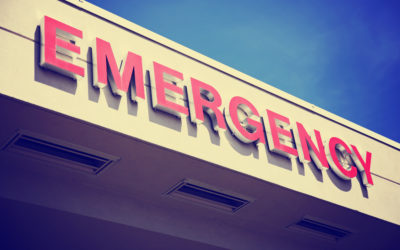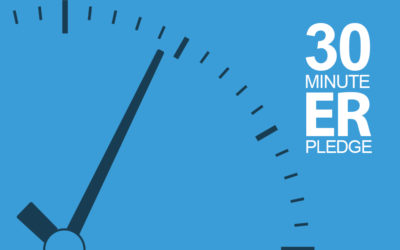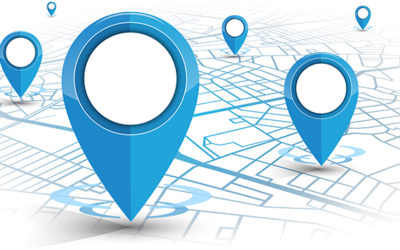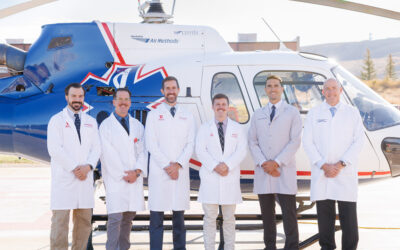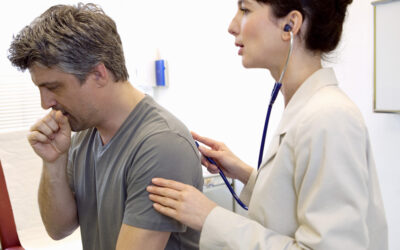Preparing for an ER Visit
A trip to the ER can often be stressful or scary- but it doesn’t have to be. A few minor preparations can help your visit go smoothly.
What to Expect
Bring support. If you can, have a trusted friend or family member accompany you to the ER. This person can not only help you explain your condition to the ER staff, but they can also help you to understand and remember important medical information.
Honestly describe your illness- and don’t be afraid to use details. Any and all information regarding your condition may help ER staff make an accurate diagnosis and begin treatment quicker.
Be prepared to wait. In the ER, patients are seen by doctors according to the severity of their symptoms, not in the order of arrival. Being prepared to wait for your turn may decrease feelings of stress and anxiety.
Don’t be afraid to ask. During your visit to the ER, don’t be afraid to ask the physicians, nurses or staff if you do not understand. Tests, procedures, your diagnosis and even follow-up care instructions can be confusing.
What to Bring
If you are able to collect these without delay in seeking care, please bring the following items with you to the ER:
- Contact information for your personal doctors.
- Detailed medical history and current condition information, including dates of major surgeries.
- Health insurance card and photo ID.
- List of any allergies you have.
- Names, dosages, and how often you are currently taking any prescription or over-the-counter medications, vitamins or dietary supplements.
- Comfort items such as bottled water and a music player for yourself or a favorite blanket, book or toy for your child.
Before Heading Home
Before leaving the ER, it’s important that you, or a trusted family member or friend, completely understands the information given to you by the ER staff. Understanding and following discharge instructions, including medications and/or home care procedures, are vital to helping your condition improve. If you do not understand any information given to you by the ER staff, ask for clarification.
If you are experiencing a medical emergency, call 911.
Related Services and Conditions
ER
In a medical emergency, every minute matters. That’s why we work diligently to have you initially seen by a medical…
ER 30 Minute Pledge
In a medical emergency, every minute matters. That’s why, at Evanston Regional Hospital, we work diligently…
ER Directions
Health care starts with you. If you’re experiencing symptoms, it’s up to you to pay attention and decide how to respond…
ER Team
Valley View Emergency Physicians is now providing care at Evanston Regional Hospital. Most of the physicians are…
When to go to the ER
Minor illnesses can often wait, but some symptoms always demand immediate medical attention. These can include…
Chronic Obstructive Pulmonary Disease (COPD)
Chronic Obstructive Pulmonary Disease (COPD) Chronic obstructive pulmonary disease (COPD) is a...
Abdominal Pain
Abdominal Pain in Adults When to Monitor at Home—and When to Seek Medical Help Abdominal (belly)...
Asthma
Asthma: Know the Signs, Manage the Triggers, Get Help Fast Asthma is a chronic condition that...
Chest Pain
Chest Pain: When to Seek Emergency Care Chest pain can have many causes. Some are life-threatening...
Fever, Adult
Fever-Adult A fever is a body temperature of 100.4°F or higher. Mild or short-term fevers...

